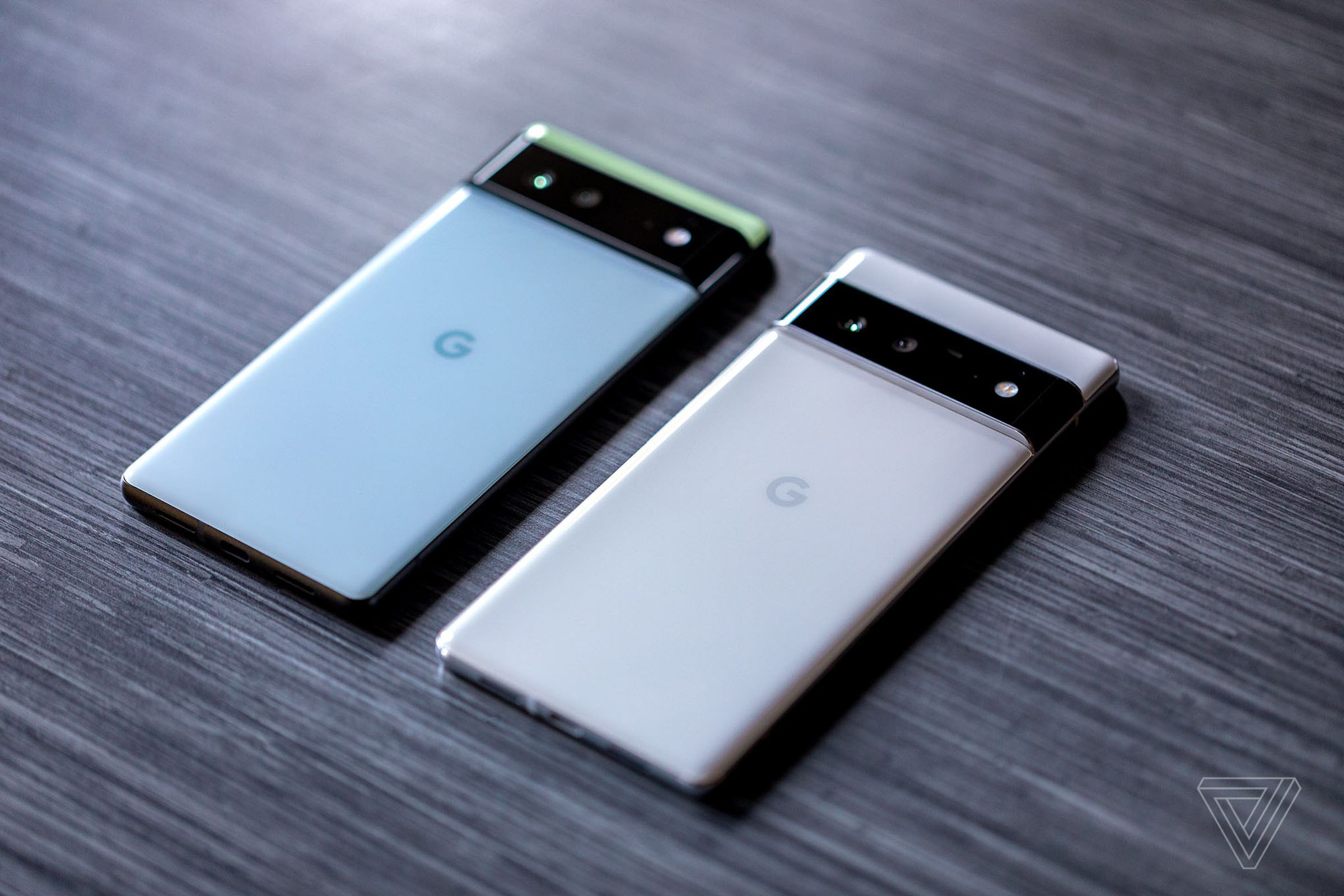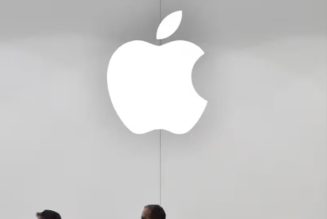Pixel owners using Google’s subscription who expected “a phone upgrade after two years” will have to get that upgrade somewhere else — Pixel Pass is dead.
Share this story

In October 2021, Google launched a new Pixel Pass subscription program alongside the Pixel 6 series of phones that promised three things for one monthly payment ($45 for a Pixel 6 or $55 for a 6 Pro): “Google’s best mobile services, device protection, and regular device upgrades.”
However, on Tuesday, Google emailed Pixel Pass customers to say: “We are writing to you to inform you that starting today, we are no longer offering new Pixel Pass subscriptions or renewals.”
They’re not losing out on special paid-for privileges (the fee covered the cost of the phone and a discounted rate for the bundled services over its two-year timeframe). Still, disappointed customers in the Google Pixel subreddit mention things like losing a grandfathered-in lower rate from Google Play Music to join the Play Pass and losing access to bundled services they’d enjoyed as a part of the package.
Snagging a Pixel 6 subscription package in 2021 was supposed to set up a no-brainer upgrade process two years later, and now that option is considerably murkier for loyal Pixel customers, just as Google starts touting the new Pixel 8 lineup launch on October 4th.
The advertised “regular device upgrades” will never happen for anyone as part of Pixel Pass, even customers who battled Google’s servers to order a Pixel 6 the moment they became available (it’s me; I’m one of those people) because there’s still more than a month to go before the very first customers in would cross the two-year mark and be eligible to upgrade. It’s not surprising that Google added Pixel Pass to its ever-growing graveyard of canceled products and services, but the timing of the news is incredible.
The Pixel Pass offer stuck around through the launch of last year’s Pixel 7 series, but by May of this year, its Twitter account told a potential Pixel Fold owner that the package would not be available for that device, using language echoed in the explanation given to current subscribers this week.
@madebygoogle, on May 17th, 2023:
Hi Chris, we are not offering Pixel Pass for Pixel Fold. There is no impact on current subscribers. We are focused on offering the best value of our hardware product while giving users the flexibility to purchase their favorite services. Hope this info helps. ^Mark
Here’s what Google’s new FAQ says as of August 29th, 2023:
Why is Pixel Pass being discontinued?
We offer the best value of our hardware products and give users the flexibility to purchase their favorite services. We continue to evaluate offers based on customer feedback and provide different ways for them to access the best of Google.
In the FAQ, Google argues that, actually, “you can still upgrade your Pixel device after 24 months,” with 0 percent APR financing available through either Google Fi or the Google Store and the same partner used for Pixel Pass, Synchrony Bank. You just can’t do it and maintain the Pixel Pass package once that expires.
That’s also why, according to the FAQ, Google isn’t offering a refund:
Refunds aren’t issued because we’re committed to fulfilling our promise for the full 2 year term on the Pixel Pass subscription. However, a $100 loyalty reward credit is issued to all active subscribers.
Subscribers, who subscribed through Google Store receive $100 Google Store credit to their account which can be used towards any Google Store purchase.
Subscribers, who subscribed through Google Fi Wireless receive a $100 coupon code which can be used towards a Pixel device purchase on Google Fi Wireless
A $100 credit isn’t exactly nothing, but it still stings since it’s only accessible by signing up for another go-round with the company that ran 22 months off the two-year clock before suddenly altering the deal.








